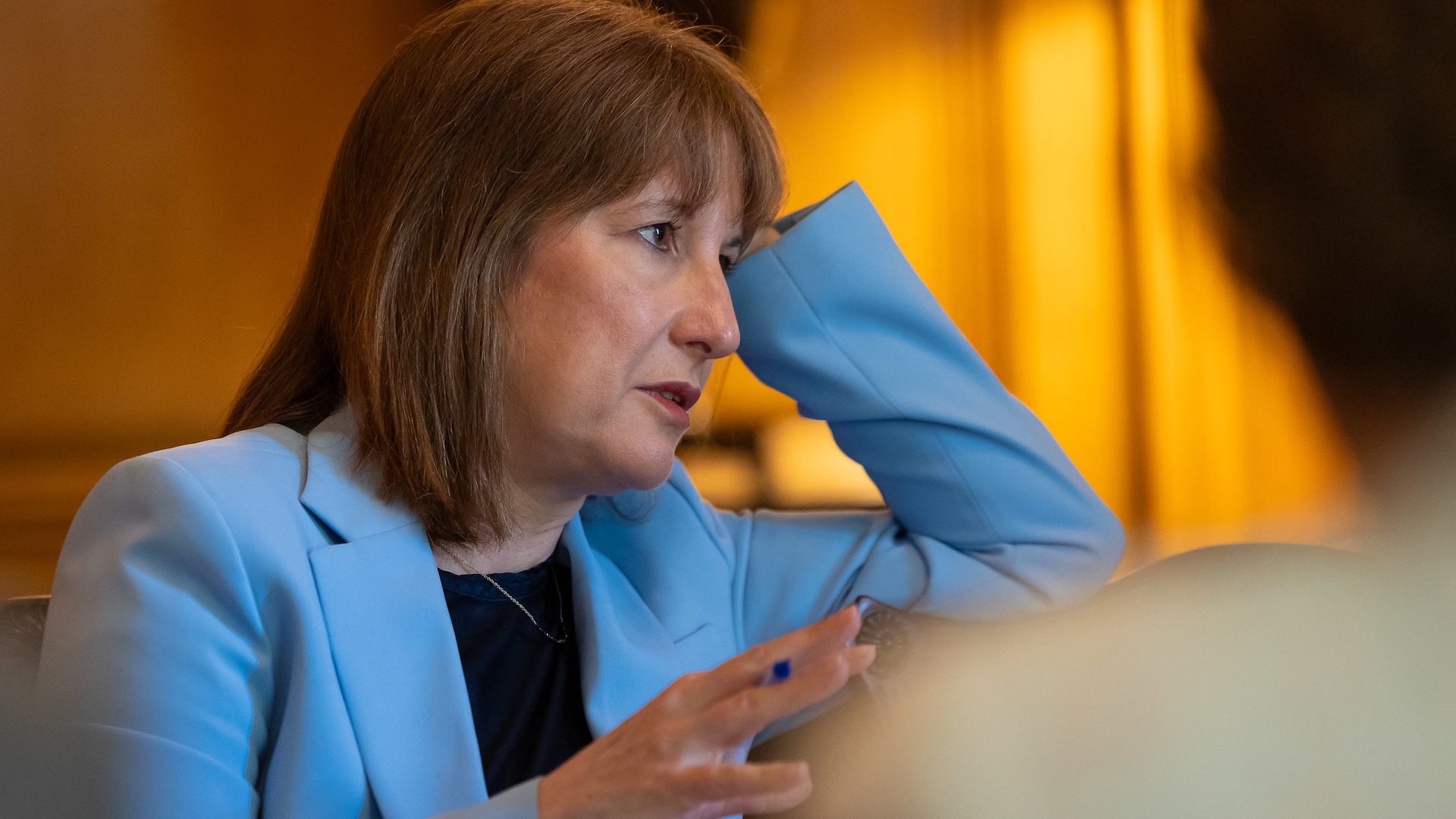Next week (11 June) chancellor Rachel Reeves will set out Labour’s first comprehensive spending review for 17 years. A multi-year settlement for Whitehall departments is an enormous challenge at the best of times. In difficult economic times, it’s even harder. Global uncertainty, increased conflict and the decline in UK living standards make for a chilling backdrop against which to set out one’s economic stall and deliver manifesto promises.
The Treasury will be aware of the avalanche of statistics that show child poverty is rising in the UK. Department for Work and Pensions (DWP) figures show ministers have inherited record levels of child poverty, now at 4.5 million children.
The two-child limit on universal credit and child tax credits puts one child into poverty every 13 minutes. Around one million children are experiencing destitution. Public health evidence shows that child poverty causes worsening physical and mental health among children and risks lower adult productivity.
Read more:
- I’m buying fruit and veg for my kids on ‘buy now, pay later’. The two-child benefit cap needs to go
- All children on universal credit to get free school meals: ‘It will take hunger out of the classroom’
- Brits seem apathetic towards Labour’s disability benefit cuts. Where has all the empathy gone?
It is excellent news that after years of campaigning, all children in homes where families claim universal credit will get free school meals from 2026. A free nutritious lunch helps children learn and lightens the load for parents when they’re budgeting for other essentials. But there is still more to do.
At Save the Children we speak to families across the UK every week who tell us the same thing and ask for the same changes. First, that universal credit is not providing them with an adequate safety net and needs reform. And second, the two-child limit to benefits forces a life of struggle and difficulty and must be scrapped. Welfare has barely covered the cost of essentials in the past 14 years. When it did – in just two of those years – it was because of the £20 per week uplift to universal credit during the Covid-19 pandemic. The poorest households in Slovenia and Malta are better off than the poorest in the UK, according to the National Institute of Economic and Social Research.





